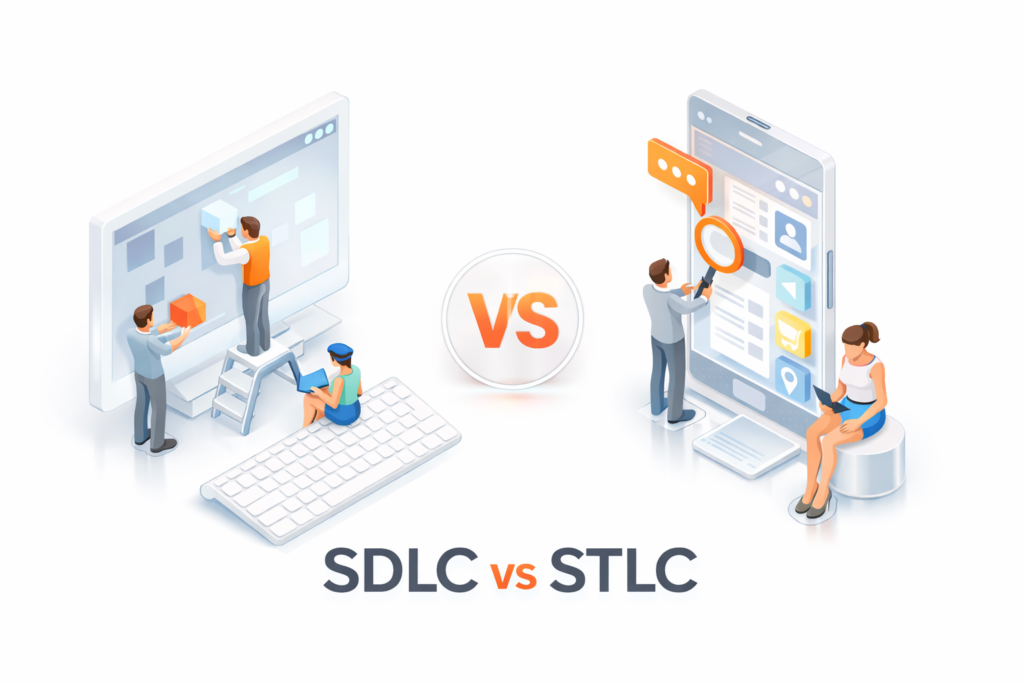Documentation testing intends to check the quality of documentation, such as the user instruction manual or the installation instruction manual, for completeness and conformance to the normative base and to the technical documentation requirements.
Documentation testing examines and increases the quality of documents at different stages of the software development lifecycle. This includes such documents as a requirements list, test methods, user and administrator manuals, as well as identifying potential bottlenecks through load and performance testing services, ensuring your system performs optimally under stress.
Problems It Will Solve
- Minimize the risks related to the presence of software functionality operation defects due to faulty test methods by promptly improving the test methods and future discovery of these defects during the phase of user acceptance testing. Incorporating performance testing tools like JMeter cloud load testing can also help ensure that high-traffic scenarios are adequately covered, further reducing potential risks
- Minimize the operational costs of the software development by improving the documentation and thus minimizing the overhead costs that appear due to poor description of requirements in the documentation
- Increase the effectiveness of knowledge transference and minimize the training time for new users by increasing the system documentation quality of documents such as user manuals or administrator manuals
- Minimize the operating costs of software development by lowering the overhead costs that appear due to poor description of requirements in the documentation
The Report Includes the Following Information (Deliverables):
- Whether or not the system’s documentation is complete and consistent, and if it corresponds to the required formatting standards
- Whether or not the system’s documentation is updated and describes in detail the system functionality
- Whether or not the system’s information security, architecture, technological platforms, and integration interaction requirements are complete, sufficient, and correctly described in the provided documentation
- A list of problems found in the system’s technical documentation pack, and recommendations for their correction
Scope of Work
- Determine the scope of documentation to be tested and the software development stages for these documentation
- Determine the scope of documentation to be tested and the software development stages for this documentation
- Documentation analysis
- Prepare the report and a list of recommendations
- Update the documentation
Tools and Licences
- HP ALM (HP Application Lifecycle Management, HP Quality center)
- TFS (Team Foundation Server)
- TestLink + JIRA
- TestLink + Readmine



